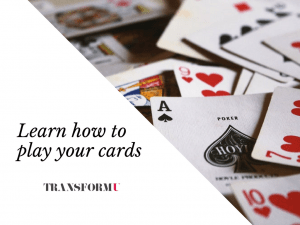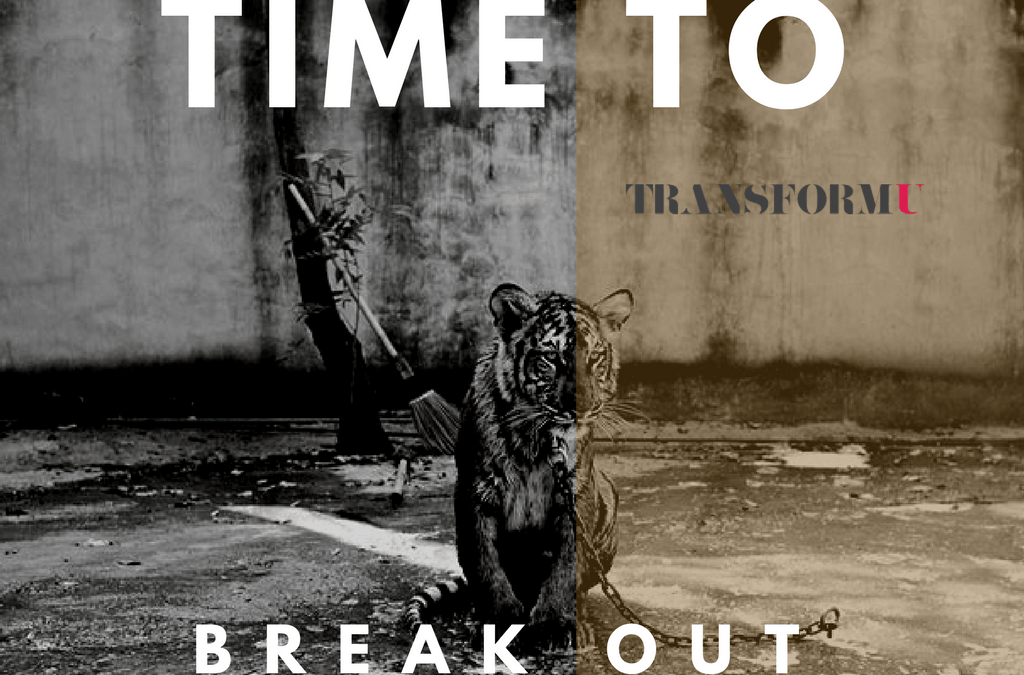Yesterday, after my workout, I stopped by Chipotle to grab a quick lunch. Sitting at the table next to me was a family of 4: a mom, dad, and their two kids. The boy was around 9 years old and the girl was slightly older – she looked to be about 12.
The parents finished their meal before the kids and left. In doing so, the brother and sister were left alone to endure each other’s company and finish their lunch. The younger brother looked cross and annoyed by having to sit with his older sister. Having raised 4 kids, and understanding sibling dynamics, I was totally not surprised to see the angst between them. After they finished eating, they got up from the table and walked towards the trash container.
The sister threw her trash away but her brother wasn’t quite so lucky. When little brother got up, he tripped and in slow motion his tray went crashing down – spilling its contents all over the floor. What remained of his lunch: drink, bowl, chips, napkins, fork, and the guacamole all took a tumble with him.
Embarrassed and humiliated, little brother immediately glared indignantly towards his sister and with a shaking fist he screamed, “Look what you made me do!”
Get the picture? Little brother fell of his own accord, he spilled everything on the floor, and angrily blamed his sister who was not even remotely close to him; basically, he pulled the victim card.
Victims – all of us have seen one, all of us know one, and at times all of us are one. – Rita Hudgens
What Does the Victim Card Look Like?
When my mom was still alive, one of her favorite evening pastimes was watching her endearing Telenovelas. Although I’d rather be curled up reading a book, I sat next to her to keep her company and surprisingly I too got caught up in the drama.
Those Telenovelas are such an accurate portrayal of victims – they are constantly creating personal dramas, magnifying everything that happens to them, and getting others caught up in their melodramatic life.
Victims are stuck in a mindset of self-pity which renders them powerless. They refuse to take responsibility for their own actions and cling to resentment, bitterness, and grudges; constantly blaming someone else or something else for their fate in life.
When was the Last Time You Used the Victim Card?
We all live in a fallen world filled with setbacks and disappointments. No one is exempt from failures and let downs and none of us are immune from pulling the victim card. A helpful key for you to avoid using the victim card is to see your life as a character in a book. Read your story in such a way to recognize warning signals alerting you to the fact that you may be operating from a victim mindset.
Everyone has a story to tell. Some live out their story in anger to retaliate against an alleged perpetrator, some tell their story to receive sympathy, others to get attention, and then there are the discerning ones who tell their story to get help and experience wholeness.
The goal is to learn what your story is so you can transcend your circumstances and live a life of freedom; not of victimhood.
6 Strategies to Stop Acting Like a Victim
1. Create Clarity
In order to stop the cycle of victim behavior, you must recognize when you are portraying yourself as a helpless victim. Getting clarity on your present situation will help you process your hurts and disappointments so you can get to the root of the problem.
Step outside of yourself and learn to observe your thoughts and actions by recording an unbiased account of your situation.
Action Steps:
- Write your story from a third person narrative and describe what happened to you.
- Take the judgment and emotion out of your writing.
- Avoid using the words should, could, always, or never.
- Look for the gift(s) that resulted from the situation.
2. Take Responsibility
Take personal responsibility for your own behaviors and thought patterns. This action is quite healing and builds self-confidence. It takes you out of the victim role and empowers you to move forward.
Action Steps:
- Ask yourself in what way you contributed to the situation.
- Do you recognize any patterns of behavior that you can change?
- What strong character traits do you have that can help you create change?
3. Stop Writing Telenovelas Scripted With Drama and Self-Pity
Recognize if your behavior is a lifestyle habit of constant drama or if you are truly wounded and need counseling.
If it is a habit, understand that being a victim is not only disempowering, it is extremely unattractive. Do you really want to look like a victim?
Action Steps:
- Take inventory of all the things you do have and what you are most thankful for.
- Recognize when you are writing a victim script in your mind. Feel the toxic emotions rise inside of you and immediately pause the script.
- Take a 6 second time out and do some breathing exercises to allow your stress hormones to abate.
- Think of 3 ways to reframe your thoughts that put you back in control.
4. Get Your Needs Met
All human beings have emotional needs and will find ways to get those needs met; in a healthy or unhealthy way. Unfortunately, victims crave attention and will do anything within their power to get that need for attention met.
Look at some common needs and see which ones resonate with you. Do you have the need to be: accepted, loved, heard, or recognized? Learn how to get your emotional needs met in positive ways.
Action Steps:
- Find a trusted friend that will listen and support you; not enable you.
- Do not beat a dead horse; stop repeating the same conversation over and over again.
- Set up accountability and boundaries for yourself and for the person supporting you; they must be brutally honest with you and not attend your pity party.
- Journal your thoughts but focus on being solutions-oriented. Don’t just vent the same things over and over again; look for solutions.
5. Forgive
Forgiveness is the path to healing for the victim. Forgiveness has nothing to do with the situation or other people; it has everything to do with you. When you forgive, you take back your power. Be willing to ask yourself some tough questions.
Action Steps:
- What is unforgiveness costing you?
- Are you willing to release judgments about the situation?
- What perspectives can you let go of that may be hurting you?
6. Stop the Victim Language
Victim language is universal and is easily recognizable. Their language is a fatalistic cycle of words complaining about their lot in life – blaming others and acting as if it’s them against the world and the world is winning. Victims have a repetitive pattern of words that sound like:
- It’s not my fault.
- My supervisor makes me so angry, she’s an idiot.
- I can’t find a job because….
- I can’t go on a vacation because…
- Things would be great in my life if only…
- There’s nothing I can do about it, it’s just the way it is.
Have you ever cringed when you know you will be meeting with someone who drains all the energy out of you? Or when you see their name pop up as an incoming call on your phone? You know what’s coming; they will rant over and over again about the same thing and suck the life and vitality out of you just by listening to them. Well…make sure that person isn’t you.
Action Steps:
Make an intentional effort to listen to the words you repeatedly say. Slow down before you speak, listen to the emotions you are feeling and see ahead of time how you want to be portrayed. Replace victim phrases with overcoming phrases:
- It’s no one’s fault; it just happened.
- I’m feeling angry about this situation but I’ll figure it out.
- I don’t have the job I want yet…but I’m finding a way to get it.
- I haven’t been able to go on a vacation but I’m learning how to be creative and planning one soon.
- I have a great life because of what I’ve overcome.
- There are always opportunities available to me.
Every test in our lives makes us bitter or better, every problem comes to make us or break us. The choice is ours whether we become Victim or Victor. – Unknown
 Time to Change Your Cards
Time to Change Your Cards
Neither you nor I will escape pain and loss in this world but we do have the power to choose what to do with it. We can be resentful for what we don’t have, or grateful for what we do. The next time we take a tumble and our Chipotle tray slips and slams to the floor, we can be angry and shake our fist at the world or we can use resolve and grace to pick ourselves up from the floor and say, “I made it, I’m okay!”
You’ve been given a deck of cards in life; use them with wisdom and foresight to break free from the self-imposed chains of victimhood. Remember that when you play the victim, you lose. Here’s to winning at cards and in life.
- When Your Brain Lies to You: Rewiring Your Brain for Confidence - April 21, 2025
- When Your Brain Lies to You: The Other Shoe Effect - April 15, 2025
- When Your Brain Lies to You: Befriending Your Fears - March 25, 2025
